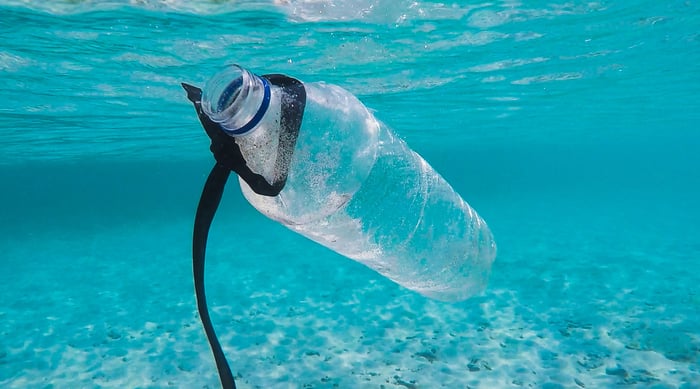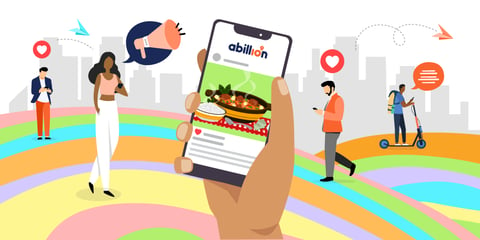
Plastic is definitely not fantastic! Yes, it's oh so convenient for oh so many purposes. But, plastic has become deadly, especially for those animals who live in and around the world’s ocean, such as fishes and marine birds.
Every year another estimated 8 million metric tons of plastic end up in our planet’s oceans. That is enough added plastic pollution to cover every inch of the oceans’ coastlines.
This 4-minute video from a Pacific island captures the destruction our urge for ease has wrought on marine animals. Warning - the video starts pleasantly enough, but soon you may want to barf.
Many of us are troubled by plastic pollution in our oceans. That's why we commemorate World Oceans Day on June 8. This acts as a reminder for us to eliminate as much plastic waste as we can from our everyday lives.

1. Do Your Bit When You Bite
Everyone can do something to reduce plastic pollution. Here are the suggestions. These aren't new suggestions, but most of us are probably not implementing them.
a. Substitute disposables with reusables. Become the lighthouse by showing others that low-plastic lifestyles are possible.
Things we do to reduce our plastic consumption
- Refuse or use reusable straws
- For take out, bring our own cutlery and bowls
- Invest in reusable bottles/thermos for hot and cold drinks
- Always use reusable bags when out shopping
- Use reusable containers to store food at home
b. Live the low plastic life. Shine a light to low-plastic living beyond just friends and family. Let the general public know to politely tell businesses that we don’t want any plastic with our food.
c. Be the noisy lighthouse, so that the people at company HQs know that their customers care about plastic and want companies to reduce plastic use. Making this polite noise can be as quick and easy as a social media message. Patient persistence, please.
Of course, we shouldn’t just complain; we should give verbal pats on the back to companies that adopt low-plastic practices. Praise is so much more fun to give and receive than criticism. We can also use petition sites, either to sign existing petitions, such as this one to stop plastic pollution in the Arctic, or we can start our own petition.

Carrots and Sticks
Sad, but true that videos of dead birds, stats about millions of metric tons of plastic waste, and even the sight of us with our funky reusables gracefully saying “no thanks” to plastic probably isn’t going to lure most people away from the siren call of convenience.
We've to hit a sacred spot: people’s wallets. We can ask companies to do this in a nice way with incentives for using reusables.
We can also play bad cop by pressuring companies to impose extra charges for plastic bags, etc. Perhaps, even better than penalties, we can ask governments to impose outright bans. Thanks to pressure from citizens and environmental organizations more than 30 countries in Africa have banned plastic bags. One of them is South Africa which facetiously labeled the ubiquitous plastic bag as the country’s national flower.
Shaun Frankson of Plastic Bank put it very well in a Ted Talk about consumer power.
“It's getting easier to act like a responsible consumer in our interconnected online world. We're taking trust and transparency to entirely new levels. We can now take out our cell phone and ask it to search the difference between the two options. We can do it right from the grocery store. And we can even use that same cell phone to take a picture of any wrongdoing or injustice anywhere in the world as it happens. It's getting harder for corporations to hide the bad and easier for us to discover the good.”








